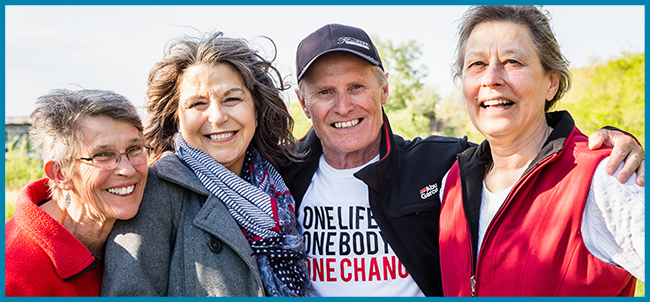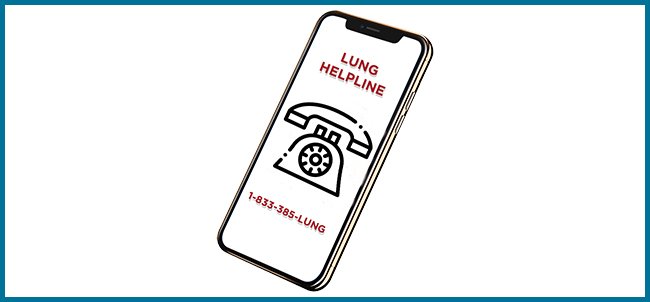Treatment
Drug-Resistant TB
Drug-resistant TB is a type of infection where typical TB medications will no longer be able to fight the TB infection in your body. TB that is resistant to more than one drug, called multidrug-resistant TB (MDR TB) is very dangerous. The treatment for this type of TB takes much longer, 20 to 30 months to complete, and you may experience more side effects.
Latent TB Treatment
If you have Latent TB, there are TB bacteria in your body, but are not contagious and you do not have any symptoms. Your doctor may want to treat your infection to kill TB bacteria before it becomes Active TB and makes you sick. Treatment with antibiotics can be up to 9 months long.
It’s very important to take your TB medications exactly as your doctor or nurse says, for as long as they say.
If you stop taking your TB meds or skip doses, these things could happen:
- Latent could turn into Active TB and you will develop symptoms and feel sick. You then can pass TB on to your friends and family.
- You could accidentally make the TB bacteria even stronger and make your TB harder to treat. This is called drug-resistant TB and it is very dangerous and it can be deadly.
Active TB Treatment
If you have Active TB, your doctor will prescribe antibiotics to cure you. To get TB antibiotics, you need a prescription. TB treatment is free for most people in Canada.
Certain antibiotics can cure TB by killing the tuberculosis bacteria. It usually takes two or more antibiotics to cure Active TB.
These are the most common antibiotics to cure TB:
- Isoniazid (INH), also called Dom-Isoniazid®, Isotamine®, or PMS-Isoniazid®.
- Rifampin (RMP), also called Rifadin® or Rofact®.
- Pyrazinamide (PZA), also called PMS-Pyrazinamide® or Tebrazid®.
- Ethambutol (EMB), also called Etibi®.
Your doctor will decide which medications are best for you, and how long you must take them to be cured. TB bacteria are hard to kill which is why it's very important that you take all your medicine.
After you take TB meds for a few weeks you will start to feel better and your doctor or nurse will let you know when:
- You are no longer contagious.
- You are able to return to school/work
In order to cure TB, you will need to take the medications for as long as your doctor tells you, even if you don’t feel sick.
Why you shouldn’t stop your TB medications:
- You could make the TB bacteria even stronger, so your TB infection becomes very hard to treat and it could be deadly. This is called Drug-Resistant TB. If you have Drug-Resistant TB, you will need to take more antibiotics that are expensive and have more side effects.
- Your active TB infection could come back.
- Your TB infection could get worse. TB could spread to other parts of your body.
- You could spread TB to other people.
What you should know about taking TB medications (meds):
- Take your meds exactly as your doctor or nurse says, for as long as they say. Take them even if you're feeling better.
- Ask your doctor or pharmacist to explain the side effects of TB meds. Ask them what to do if you forget to take a pill.
- Do not drink alcohol or take the pain med acetaminophen (Tylenol® or another brand).
- TB medications put stress on your liver. So do alcohol and acetaminophen. If you take TB meds and alcohol or acetaminophen, you could damage your liver.
- Tell your doctor about any other medicine you may be taking.
- If you get pregnant while you’re taking your TB medicine, tell your doctor. Your doctor may change your medicine.
- If you plan to become pregnant, talk with your doctor.
- Take your medicine at the same time every day. Write a note or set an alarm to remind yourself to take it.
- Keep your medicine in a place where you see it often.
What is DOT?
DOT stands for Directly Observed Treatment. DOT is a program that can help you take your TB medications regularly and be cured faster. If you are part of a DOT program, you will meet with a nurse or other health-care provider every day or a few times a week. They will watch you to take your medications, look out for side effects, and answer your questions. Read about DOT from the Saskatchewan Health Authority.
Who pays for TB Medications?
If you have a Saskatchewan Health Card, TB medications are supplied and covered by Saskatchewan Health. If you are a treaty person, the Health Canada Non-Insured Health Benefits cover medication costs for TB treatment.





